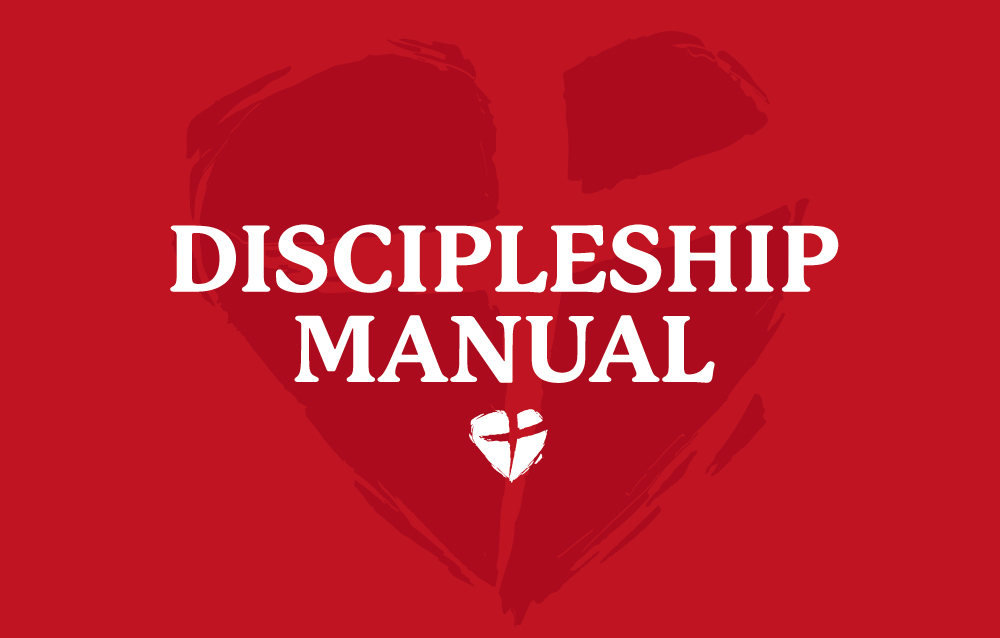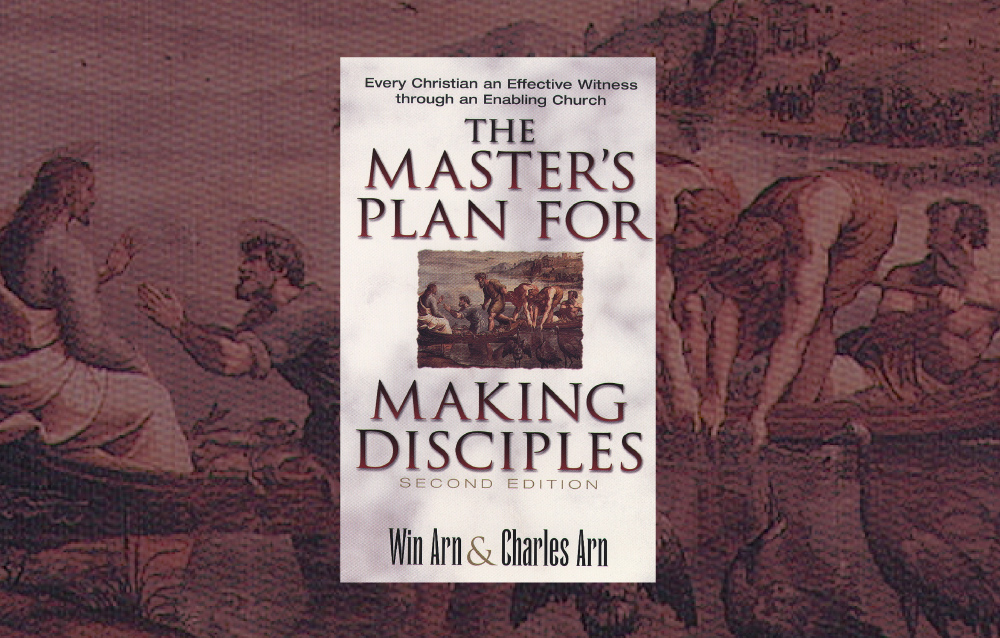
The Discipleship Manual (revised 2025) is produced by AFLC Evangelism & Discipleship to help believers (especially those new to the Christian faith, but also those who have been Christians for a longer time) grow in the grace and knowledge of truth as disciples of Jesus Christ.
Lessons cover the following topics:
• Assurance of Salvation
• Life as a Disciple of Jesus Christ
• Reading the Bible
• Prayer
• Who is God?
• The Holy Spirit: His Work and Gifts
• Fellowship
• Suffering and Sacrifice
• Sharing Your Faith
• The Local Congregation: God’s Gift to Us
Search
All Ministries
No Filter
Loading posts....
The Lutheran Ambassador
The Lutheran Ambassador is a free magazine, published monthly by the AFLC. It exists to educate its readers about the AFLC, to encourage the local congregation, to equip Christians...
The Berean Test
Whether you are a Worship Leader, Church member, or just listening to songs on the radio; do you ever wonder if what you are listening to is theologically accurate? Is it Christ-Centered or Me-Centered? Do the lyrics come from scripture?...
The Mirror
If you are looking for a high quality tract to share your faith, "The Mirror" is an excellent means to do that...
Unexpected Harvest
Jesus told a parable to his disciples about a sower who scattered seed. Some of the seed fell on good soil and produced a great harvest. However, much of the seed fell on rocky, shallow, thorny, and bird infested soil. These areas did not produce anything. Unexpected Harvest addresses the question, “What if the soil could be changed?”...
Home Builders: Joining God Where He is at Work
By talking with people in our church and community, we found that there were a number of younger, unchurched families looking for family-friendly activities. There was also interest in gaining parenting skills and improving marriages...
GriefShare: The Journey from Mourning to Joy
GriefShare is a 13-week video series that is packed with Biblical information to support grieving people as they walk their journey of grief...
The Master's Plan
This book can help pastors and laity discover how to grow themselves and help others grow in their outreach. It is based on biblical principles of growth through natural networks of friends, relatives, co-workers, etc. This resource is a...











Thank you for your feedback!
Please enter your comments below